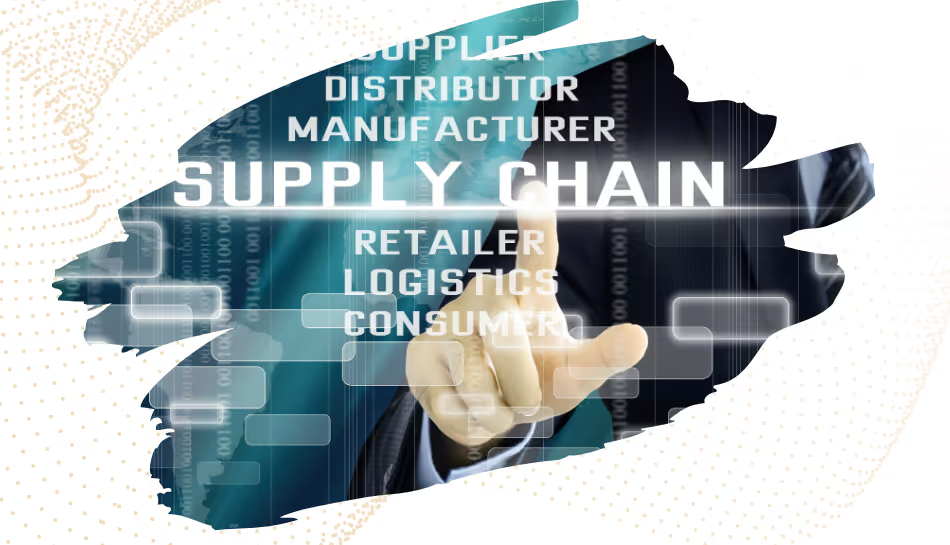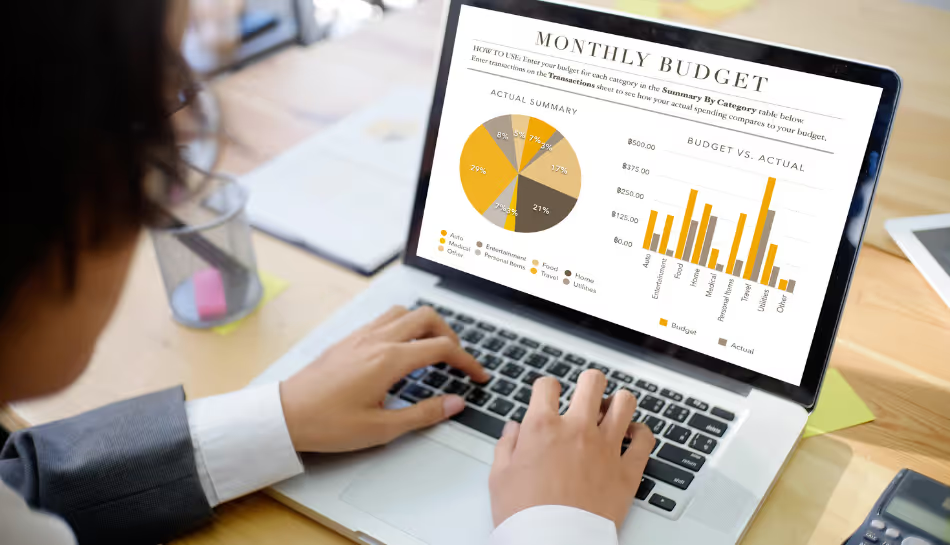Supply chains are more complicated than ever in today's rapidly changing business environment. Firms need to deal with procurement, manufacturing, logistics, and distribution in different regions while ensuring speed and accuracy. For this purpose, numerous organizations look towards ERP for supply chain management, an effective tool that combines all steps of the supply chain into a single system.
A properly designed supply chain management ERP system enhances visibility, lowers costs, and enables businesses to react quickly to shifts in the marketplace. Here are the leading ERP features for supply chain management that make these programs invaluable.
What Is ERP for Supply Chain Management
ERP supply chain management is an integrated software solution that links major business functions including inventory, procurement, logistics, warehousing, and finance. Rather than working in silos, departments are able to share real-time data and information so that each node in the supply chain can work seamlessly.
For instance, upon receipt of an order by a customer, ERP automatically refreshes stock quantities, raises purchase requests for raw materials if required, and initiates logistics scheduling, all automatically.
Top ERP Features of Supply Chain Management
- 1. Inventory and Warehouse Management
Smart inventory management is at the core of each successful supply chain. ERP systems monitor stock levels in real time, track expiry dates, and handle storage areas across multiple warehouses. Sophisticated ERP systems can even forecast demand patterns based on past data, assisting firms in avoiding shortages as well as overstocking. - 2. Procurement and Supplier Management
One of the most useful ERP supply chain management features is automated procurement. ERP software optimizes the purchase order process, from supplier selection and quotation requests to order approvals and payments. It also monitors the performance of suppliers, ensuring quality and reliability in sourcing. - 3. Order and Demand Management
ERP systems automate order processing by automatically pairing customer orders with existing stock. Integrated demand planning modules monitor sales patterns to enable companies to anticipate seasonal upticks and deliver products on time. - 4. Transport and Logistics Tracking
Supply chain management ERP software provides real-time tracking of deliveries and shipments. Companies are able to track transport routes, arrival times, and carrier performance. Visibility prevents delays, optimizes delivery schedules, and saves on transportation. - 5. Production Planning and Manufacturing
For supply chains dependent on manufacturing, ERP facilitates effective production planning. It correlates demand planning with production capacity and availability of raw materials. This alignment ensures smooth operation of production lines, less idling and waste. - 6. Real-Time Data and Business Analytics
New-generation ERP systems are equipped with analytics and dashboards that provide enterprises with enterprise-wide visibility through their supply chains. Managers are able to analyze performance, pinpoint bottlenecks, and make decisions more quickly based on data. - 7. Document and Compliance Management
Supply chains across the globe involve numerous compliance needs and documentation. ERP software provides automatic generation of compliance reports, shipping documents, and customs forms, eliminating manual effort and errors. - 8. Financial Consolidation
ERP combines supply chain information with accounting and finance modules. This enables firms to accurately compute costs, monitor payments, and measure profitability by product, customer, or geography. - 9. Integration with Customer Relationship Management (CRM)
Customer satisfaction is highly reliant on supply chain performance. ERP software with CRM integration enables businesses to monitor orders, respond to problems efficiently, and enjoy healthy relationships with customers. - 10. Automation and AI Capabilities
Automation is revolutionizing supply chain processes. AI-enabled ERP software can forecast disruptions, suggest optimal inventory levels, and automatically reorder items, making the supply chain more responsive and resilient.
Benefits of Implementing Supply Chain ERP Software
By implementing supply chain management ERP software, companies have:
- End-to-end visibility of the supply chain
- Increased lead times and quicker deliveries
- Lowered operational expenses by automating
- Improved demand forecasting and inventory accuracy
- Improved collaboration between departments and partners
Final Thoughts
Modern supply chains demand precision, speed, and flexibility, and ERP provides exactly that. The top ERP features for supply chain management make it possible to manage every link in the chain seamlessly, from procurement to customer delivery.
For companies wanting to remain competitive, an investment in ERP for supply chain management is not an enhancement, it's a strategic requirement. Powered by automation, real-time visibility, and analytics at their foundation, ERP solutions are changing the way global supply chains do business in the digital era.



